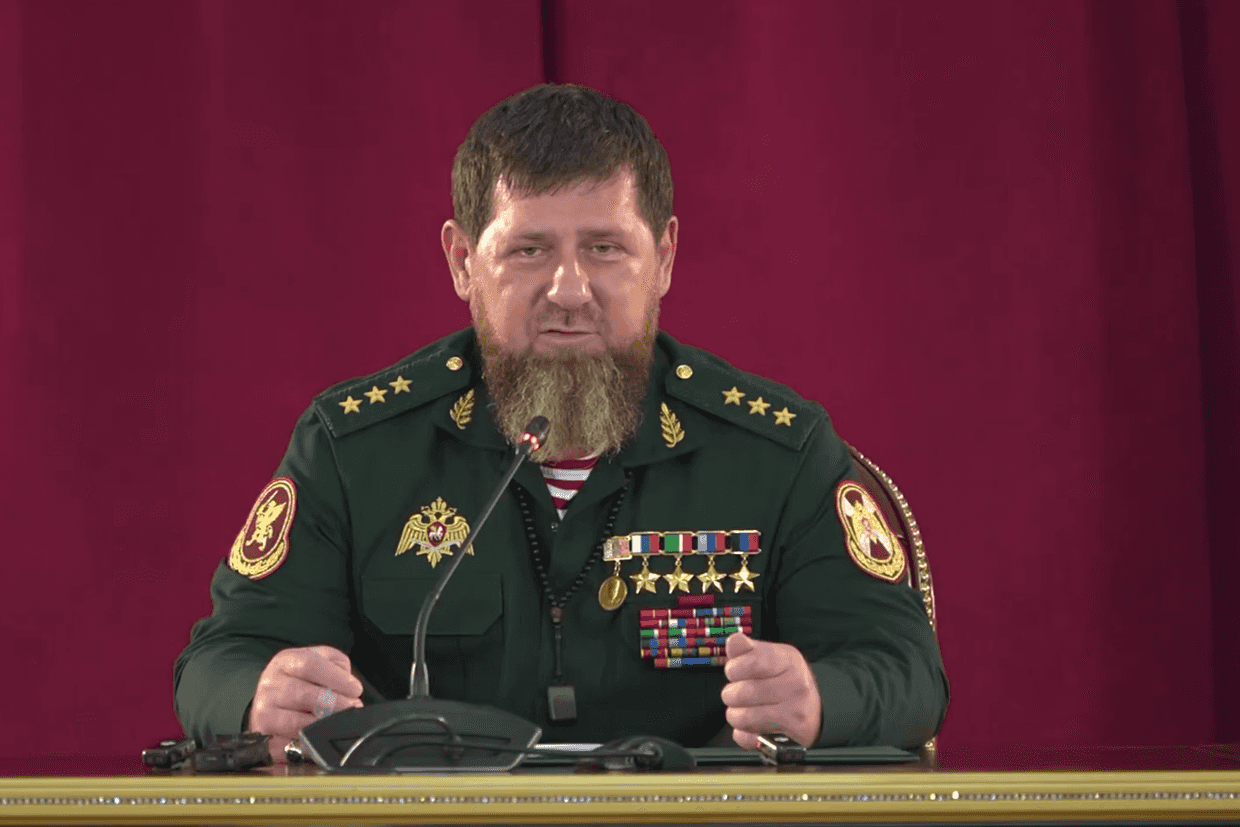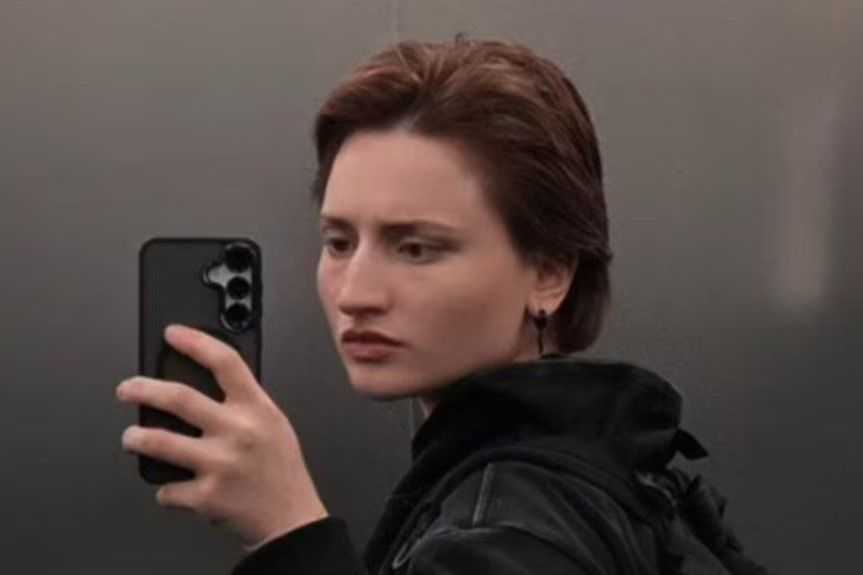
After a critical article in Novaya Gazeta about Ramzan Kadyrov’s handling of the COVID-19 pandemic was published, the Chechnya head suggested that he was ‘willing to commit a crime’ against the newspaper. Russian authorities have since forced the newspaper to take down the article.
On 20 April, over 100 Russian public figures, rights groups, scientists, journalists, and artists appealed to federal Investigative Committee to launch a probe against the head of Chechen Republic, Ramzan Kadyrov, for ‘threatening’ a journalist.
‘The Kremlin yet again condones the criminal activities of Ramzan Kadyrov’ their statement reads, and further states that Kadyrov had ‘specifically targetted’ Novaya Gazeta and their reporter Yelena Milashina ‘with death threats’.
‘This impunity must be stopped’, the statement concludes.
Ramzan Kadyrov’s statements against Russian independent newspaper Novaya Gazeta and Yelena Milashina followed a critical article published on 12 April about his performance in handling the novel coronavirus infection outbreak in the Chechen Republic.
In the article, titled ‘A death from coronavirus – a lesser evil’, Milashina writes that in addition to imposing draconian isolation measures, Chechen authorities did not test the republic’s population sufficiently and that medical workers had insufficient personal protective equipment.
The article also suggested that Ramzan Kadyrov’s allegedly harsh rhetoric against those infected with the virus contributed to an atmosphere of fear, which resulted in many people hiding their symptoms and not seeking medical attention.
On 13 April, the day after the article’s publication, Kadyrov published a diatribe on his Telegram channel against the newspaper, accusing them of participating in an ‘anti-Chechen’ campaign and the Federal Security Service (FSB) of ‘condoning’ it.
During his meeting with Chechen officials earlier that day — a scene that was published on his Instagram video — he erroneously said that Novaya Gazeta, who he referred to as ‘subhumans’, are financed by the state-owned Russian energy company Gazprom and that they are working to undermine Chechnya’s and Russia’s interests.
He also made a thinly veiled threat against them.
‘If you want us to commit a crime and become criminals, just say so!’ Kadyrov said, addressing the FSB and the Russian President. ‘One will take on this burden of responsibility and will endure punishment under the law, will sit in prison and come out later!’
In addition to demanding a criminal investigation against Kadyrov, Novaya Gazeta supporters also requested that state protection be provided to Milashina.
Representatives from Germany and France, as well as the international groups Human Rights Watch, Freedom House, and Amnesty International have harshly condemned Kadyrov’s words.
On 21 April, President of Radio Free Europe/Radio Liberty (RFE/RL) Jamie Fly also called on the Russian authorities to ‘ensure the safety and security of journalists and their families’, including that of Aslan Doukayev. On 1 April, Ramzan Kadyrov threatened to make Doukayev, chief of RFE/RL’s North Caucasus Service, ‘crawl on his knees’ begging for forgiveness after their recent critical coverage of Chechnya.
‘Nothing criminal’
The video of Kadyrov making ‘threatening’ statements against Novaya Gazeta was subsequently removed from Instagram and is currently available on Novaya Gazeta’s Youtube channel.
Novaya Gazeta took down the initial article on 15 April at the request of Rospotrebnadzor (Federal Service for the Oversight of Consumer Welfare and Protection) which threatened to block the entirety of the Novaya Gazeta website, if they refused to do so.
According to Novaya Gazeta, the justification for Rospotrebnadzor’s request was the article’s alleged ‘spread of false information’.
On 16 April, President Vladimir Putin’s spokesperson, Dmitry Peskov, downplayed Kadyrov’s words calling them ‘quite emotional’ but ‘nothing criminal’.
‘Only street hooliganism’
Before her article was published, and before the first case of COVID-19 was registered in Chechnya, Milashina claimed that she and her lawyer were attacked in the lobby of the Continent hotel in Grozny, Chechnya’s capital. An investigation was launched by Chechen authorities but yielded no results.
In the footage of his 13 April meeting, Ramzan Kadyrov can be seen insisting, in the presence of local law enforcement officials, that they had found no proof of the identity of the alleged attackers nor any witness of the alleged attack.
Kadyrov referred to the incident as ‘only street hooliganism’.
The joint appeal published on 20 April is not the first instance of critics accusing Ramzan Kadyrov of making threats against political opponents and the media.
Last November, after suggesting others ‘intimidate, jail and kill’ online commentators that were ‘offending honour’ of Chechens, Kadyrov claimed that his words were a typical part of the Chechen lexicon and national practices (adat) and that his words were frequently altered or understood too literally.
Over that statement as well, Spokesperson Peskov said there would be no probe.
Six journalists working for Novaya Gazeta have been murdered since 2001, most notably Anna Politkovskaya. Before her killing in 2006 Politkovskaya was a trenchant critic of the Kremlin’s actions in Chechnya.









